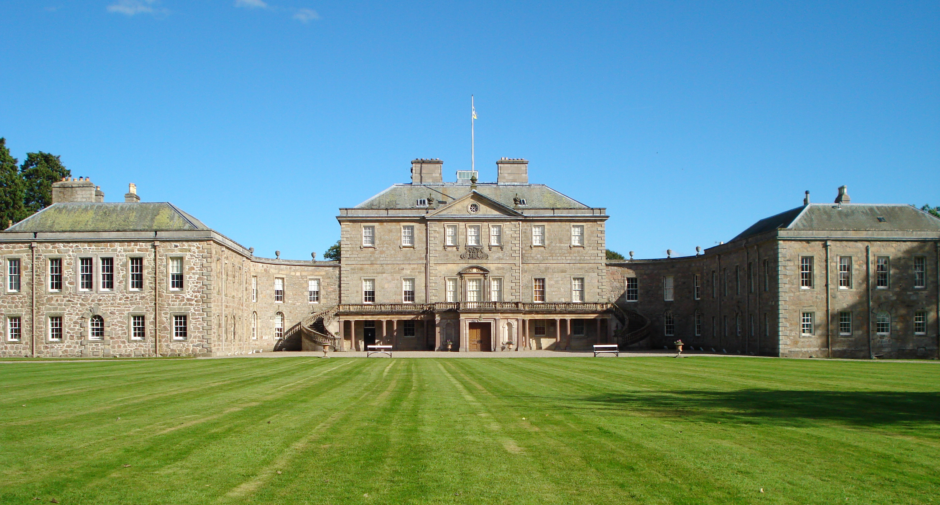The Scottish Government has been asked to ensure any bailout of the National Trust for Scotland (NTS) does not lead to the closure of key north-east properties.
As its venues have been forced to shut amid the coronavirus pandemic, the organisation is predicting a sharp fall in income over this year and next – leaving a £10 million black hole in its finances.
Only five of the NTS’s 54 staffed properties generate more money than is spent on them.
This means a large portion, including Haddo House and Fyvie Castle, will not be reopened this year while others such as Leith Hall will also stay closed during 2021 due to the running costs involved.
The NTS is now having to consider the positions of 429 employees – primarily contracted seasonal staff – saying keeping them on the books without any work would “undermine” its resources.
As the body is a charity, it cannot count on loans or other lines of credit to stay afloat, but can receive funding from the Scottish Government.
This can only be approved if the support is directly linked to lowering the number of potential redundancies.
But even with a bailout, NTS chief Simon Skinner has said 250 seasonal workers could still face redundancy.
North East Labour MSP Lewis Macdonald has now written to Culture Secretary Fiona Hyslop, urging her to keep properties open and protect these jobs from being replaced by casual workers or volunteers.
He said: “The National Trust has said 429 staff may be at risk of redundancy, but they have now admitted the staff most at risk are those who do public-facing jobs on a seasonal basis.
“Rowing back on the total number announced last month will be little compensation to the hundreds of people whose jobs are at risk in the north-east and elsewhere, or to the many people who pay membership fees to the Trust in order to support local heritage sites which they will no longer be able to visit.
“I am calling on Fiona Hyslop to ensure that any support for the NTS from the Scottish Government does not underpin a so-called ‘rescue plan’ that involves the virtual closedown of the Trust here in the north-east, or the casualisation of seasonal but permanent jobs at local properties.
“Those outcomes would be deeply damaging to rural communities across the north-east, as well as to Scotland’s cultural heritage.”


